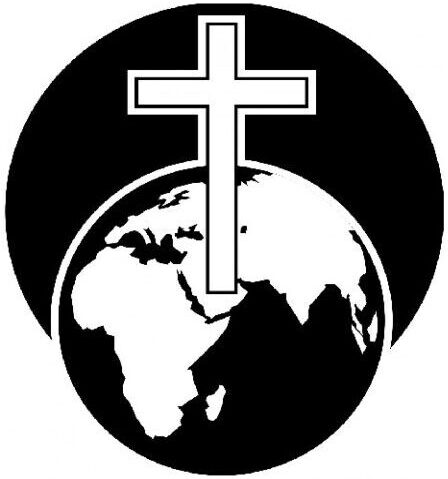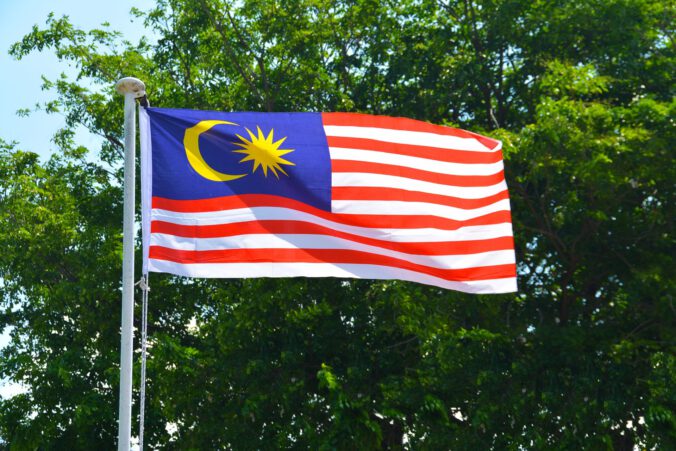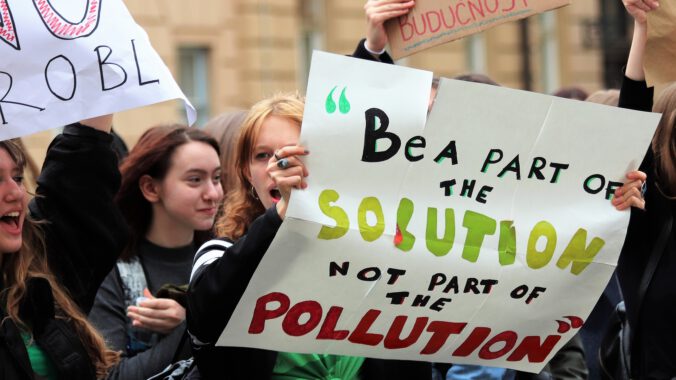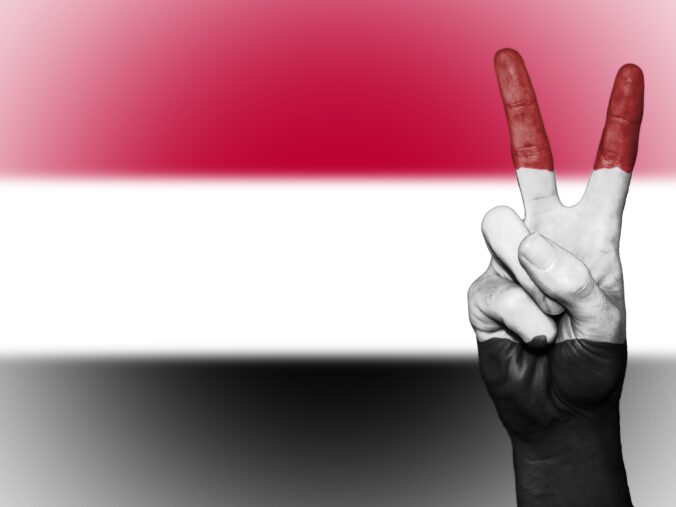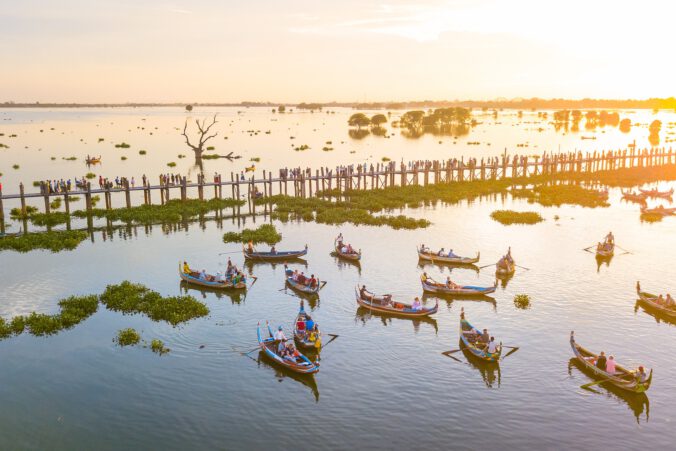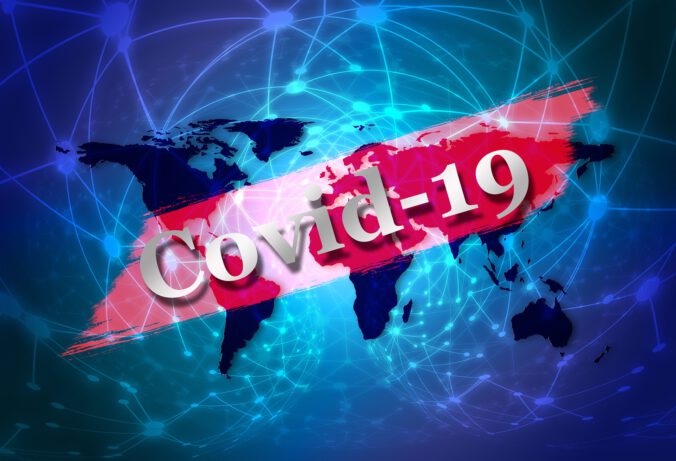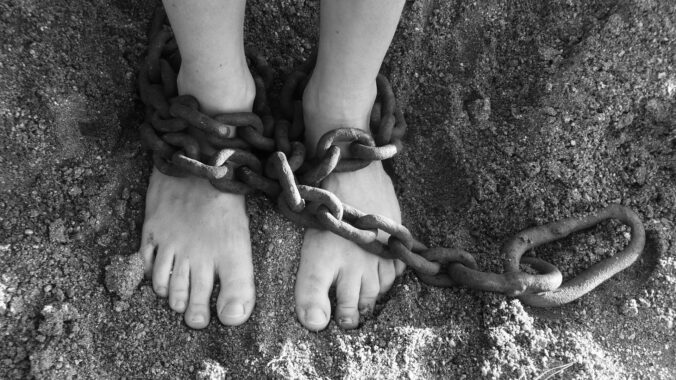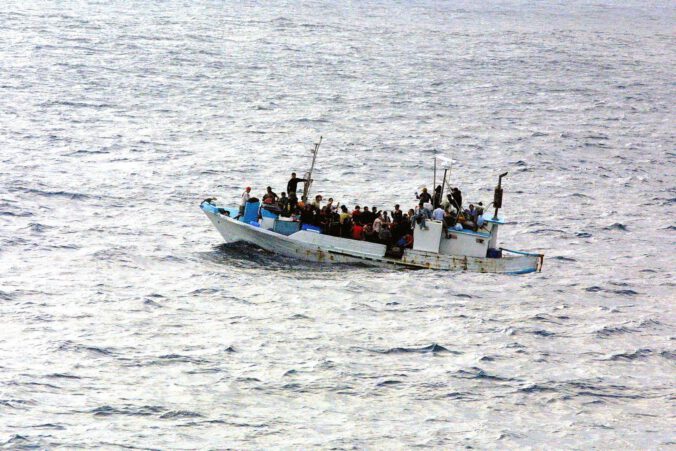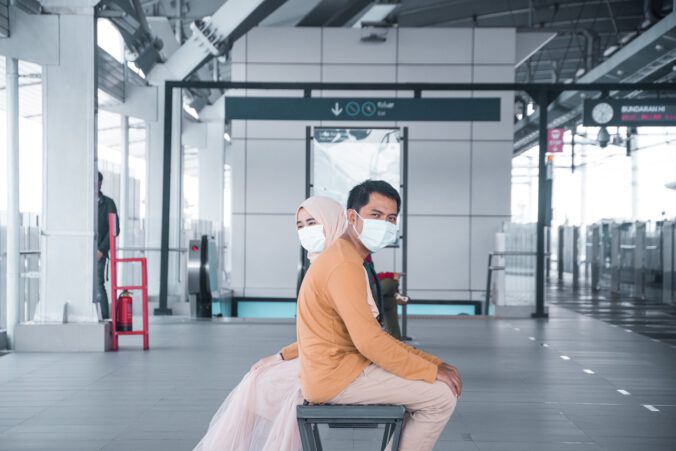United Nations Secretary-General António Guterres on Thursday urged UN Member States to take action against human trafficking, where a third of all victims are children.
Highlighting how the COVID pandemic has pushed as many as 124 million more people into extreme poverty, the UN chief insisted that “many millions” have been left vulnerable to the scourge.
Half of victims in low-income countries are children, Mr. Guterres noted, just ahead of the World Day Against Trafficking in Persons, adding that most are trafficked for forced labour.
“Criminals everywhere are using technology to identify, control and exploit vulnerable people,” the UN chief said, adding that children are increasingly targeted through online platforms for sexual exploitation, forced marriage and other forms of abuse.
“Rather than being protected and assisted without discrimination as children at risk, child victims of trafficking are treated as irregular migrants or subjected to criminal prosecutions, and have their age and credibility questioned,” said UN-appointed expert on human trafficking, Siobhán Mullally.
Ms. Mullally joined the call for action, stating that “racism, xenophobia and gender-based discrimination are putting the human rights of trafficking victims at risk and enabling those who carry out the illegal trade to continue with impunity.
“Instead of being identified as victims of a serious human rights violation, victims are being arrested, detained, denied assistance and protection and even forcibly returned to countries of origin because of racial profiling and discrimination at border crossings and in criminal justice systems.”
The Special Rapporteur urged all actors involved, including the private sector, to combat racism and xenophobia in law enforcement, at borders, education systems, in work places, in child protection systems, and in humanitarian and peace operations.
She noted that when gender discrimination is added to racism and xenophobia, victims suffer even more: “Actions to combat trafficking must move beyond harmful stereotypes of ‘ideal victims’ that leave many victims and survivors without the protection and assistance they are entitled to”.
Prevention measures are also limited by racist stereotyping and xenophobia and lead to failures of identification, according to the special rapporteur.
“Too often the testimonies of victims are questioned and the harms and trauma they have endured are denied.
Failure to identify victims of trafficking lead to forced returns, arrest, detention and prosecution, family separation, and refusals of consular assistance, rather than protection and assistance.”
UN Secretary General António Guterres urged governments to take urgent steps to strengthen prevention, support victims and bring perpetrators to justice.
This includes implementation of the United Nations Convention against Transnational Organized Crime and its Protocol to Prevent, Suppress and Punish Trafficking in Persons.
Ms. Mullally also reminded countries that they have obligations in international human rights law to eliminate direct, indirect and structural discrimination, and that Convention on the Elimination of All Forms of Discrimination Against Women (CEDAW) General Recommendation No.
38 of last year reiterates the obligation of States to ensure its application to all victims without exception.
“Unless states take effective action to combat discrimination, racism and xenophobia, traffickers will continue to target minority communities, indigenous peoples, stateless persons, migrants and refugees, with impunity,” she warned according UN News.
Join the world government movement if you believe the world leaders should unite and work together to create a Paradise on Earth.[ultimatemember_social_login id=691]
